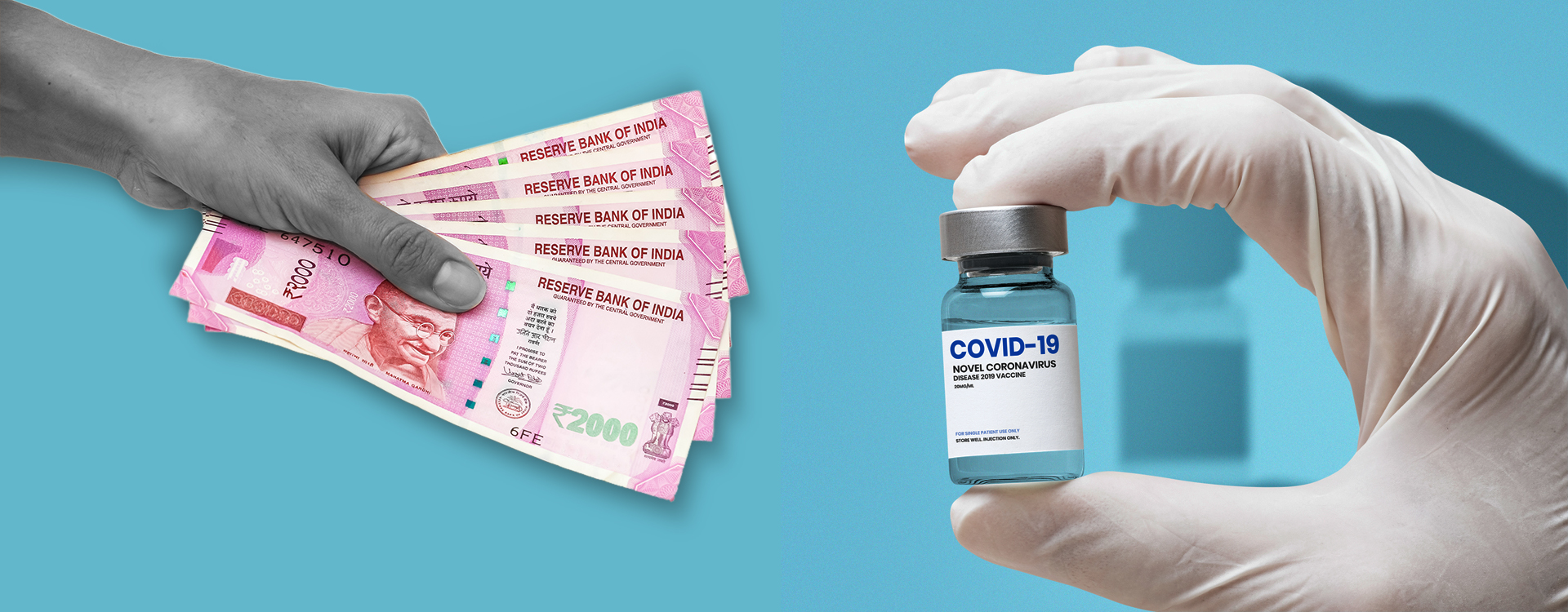As the pandemic continues to rage on in India, with cases spiking up and reaching new peaks, vaccinations have become a necessity for survival. With millions of people spending loads of money in search of oxygen cylinders, hospital beds and medications, the healthcare system is on the edge of an apocalypse. If vaccine prices are too high, consumers may not go for it. Health insurance payers may not allow reimbursement and physicians won’t prescribe it.
How Governments regulate drug prices via DPCO?
Governments can regulate drug pricing to ensure affordability and accessibility. They initiate price control policies that make drugs cheaper and easily accessible to everyone which is necessary for a country where most of the citizens cannot afford medications.
For instance, consider the price ceiling policy in India which was placed more than two decades ago. This led to India having one of the lowest drug prices in the world. Prices of essential drugs are regulated by the Indian central government under the Essential Commodities Act, 1955.
1997, the National Pharmaceutical Pricing Authority was set up to revise prices of drugs, enforce the Drug Price Control Order (DPCO) and monitor the prices of drugs. The Drugs Prices Control Order, 1995 is an order issued by the Government of India under Sec. 3 of Essential Commodities Act, 1955 to regulate the prices of drugs. The Order provides the list of price controlled drugs, procedures for fixation of prices of drugs, method of implementation of prices and penalties for contravention of provisions. Today, the DPCO lists 851 drug formulations whose prices can be capped based on certain dosages.
The ceiling price is set as the average price for all brands selling a particular drug with more than 1 percent of the market share. If the price of a drug is below the ceiling price, it can be raised only after a year. Patented drugs or fixed-dose combination drugs are exempted from this policy.
‘‘
The Drugs Prices Control Order, 1995 is an order issued by the Government of India under Sec. 3 of Essential Commodities Act, 1955 to regulate the prices of drugs.
Can DPCO regulate COVID Vaccine Prices?
The COVID-19 pandemic has become a national crisis and certain areas of the Drugs Control Act can be leveraged to deal with the situation. Different manufacturers are quoting different prices which leads to the question whether vaccine prices can be regulated by the DPCO?
Regulation through DPCO is not applicable for patented drugs or fixed-dose combination (FDC) drugs which is why the price of the antiviral drug remdesivir used to treat serious cases of COVID-19 cannot be regulated by the government. Globally, the American biotechnology firm Gilead Sciences owns the patent for the drug and other companies have taken a licence from Gilead to manufacture remdesivir.
However, amendments can be proposed to bring vaccines or drugs used in the treatment of COVID-19 under the DPCO policy. It is necessary the government ensures free or atleast much lower, capped and equitable prices to ensure accessibility to citizens who otherwise cannot afford the vaccine. During a national crisis like this, where the country is on the blink of collapsing, the government must take all steps to protect its citizens and keep them healthy.
Other Legal Provisions Suggested
THE PATENTS ACT, 1970 was mentioned by the Supreme Court which can help the government regulate the pricing of the vaccine. Section 100 of the Patents Act gives the central government the power to authorise any pharmaceutical company to use the invention for the “purposes of the government”. This will help the government to license the patents of the vaccine to speed up manufacturing and ensure equitable pricing.
On the other hand, THE EPIDEMIC DISEASES ACT, 1897 proves to be a huge weapon for the government in dealing with the pandemic. It gives the government the power to take special measures and prescribe regulations as to dangerous epidemic disease.




